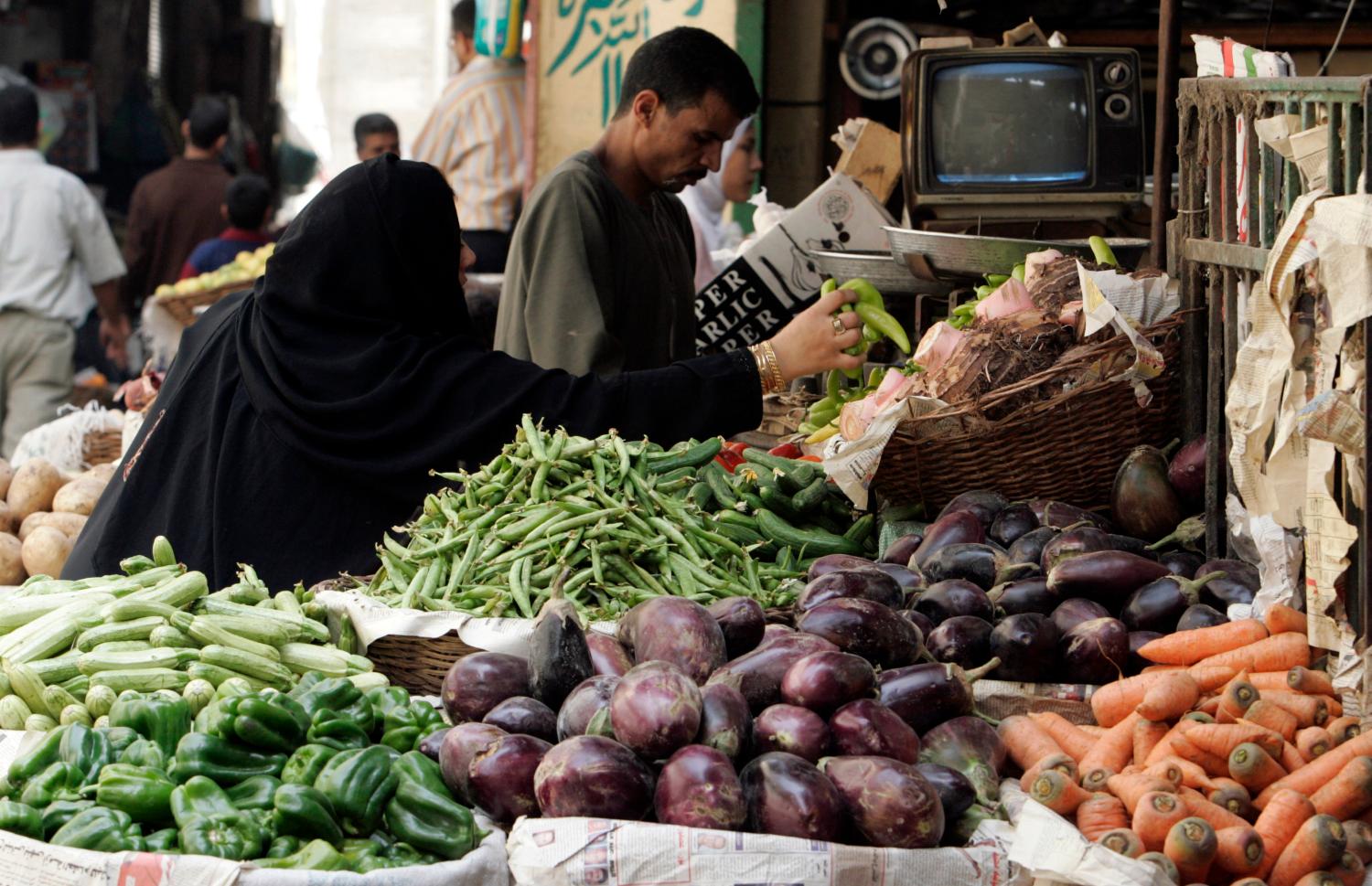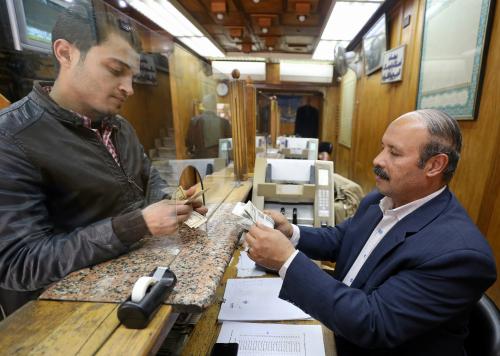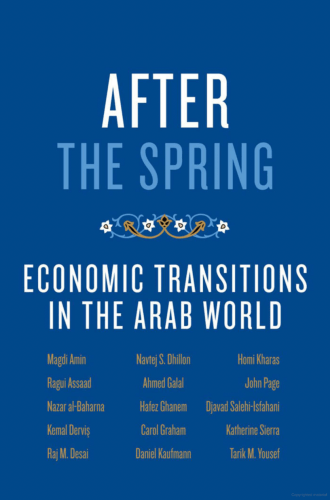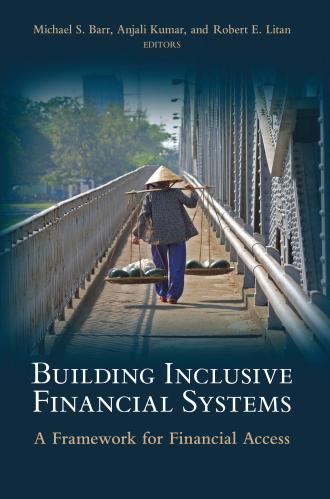Egypt needs a new inclusive and equitable economic growth model. Unemployment has spiked since the 2011 revolution, clearing over 12 percent, a figure which is not expected to decrease for several years at least and the situation is even more dire for the country’s youth. While the likely IMF program will offer the macroeconomy a measure of relief, it cannot reverse decades of mismanagement. Egypt’s private sector may therefore not experience a recovery in the near future. The government’s situation looks similarly stressed as its gross debt is projected to rise from 73 percent of GDP in 2010 to 79 percent this year. Combined with the confusion surrounding the government’s structure and organization, it is unlikely that the public sector can fill the jobs gap or provide the needed high quality and affordable goods and services. However, the legal limbo surrounding inclusive business models (IBs) as well as intermediary support organizations (ISOs), which are supposed to provide the needed support to IBs, has unnecessarily shrunk this sector of the economy and disabled it from playing its necessary role.
In his inaugural speech, Egyptian President Mohamed Morsi portrayed himself as a president for all Egyptians, including the menial and underprivileged rickshaw drivers. The Muslim Brotherhood’s Al-Nahda Program emphasizes social justice and a consensus vision across all groups in society. The new leadership is committed to social innovation with “a national strategy to develop mechanisms to support innovation dealing with community issues.”
Although the constitution has not yet been drafted and there is currently no parliament, this moment in time contains a golden opportunity for the government of Egypt to capture the energy, civic engagement and entrepreneurial spirit in the country. Under Mubarak, Egypt’s economic growth and business policy reforms helped foster the private sector, but 85 percent of the population continued to live under $5/day and this ratio did not change during the decade of growth prior to 2008. Safeguards against abuse and incentives for inclusiveness were missing, and the economy became dominated by crony capitalism with wealth concentrated in the hands of a few. People’s perception of inequity and dissatisfaction with public services increased. The governance indicators of “Voice & Accountability” and “Control of Corruption” deteriorated from 2000 to 2010, even though there was a steady improvement in “Regulatory Quality.”
Egypt needs an enabling legal framework to promote a more equitable growth model. Such a framework should encourage forms of inclusive businesses (such as cooperatives) and ISOs that could help micro and small enterprises. These firms (with less than 50 employees) represent nearly 99 percent of all non-public sector, non-agricultural firms and provide about 80 percent of employment in Egypt. But their expansion has been restricted because of the weakness of the ecosystem of incubators, angel investor networks, microfinance institutions (MFIs) and impact investors necessary to allow young entrepreneurs to start up and grow. This policy paper argues that legal and regulatory reforms that encourage ISOs and allow new forms of inclusive business to register and operate are a necessary first step towards a new inclusive growth model.










